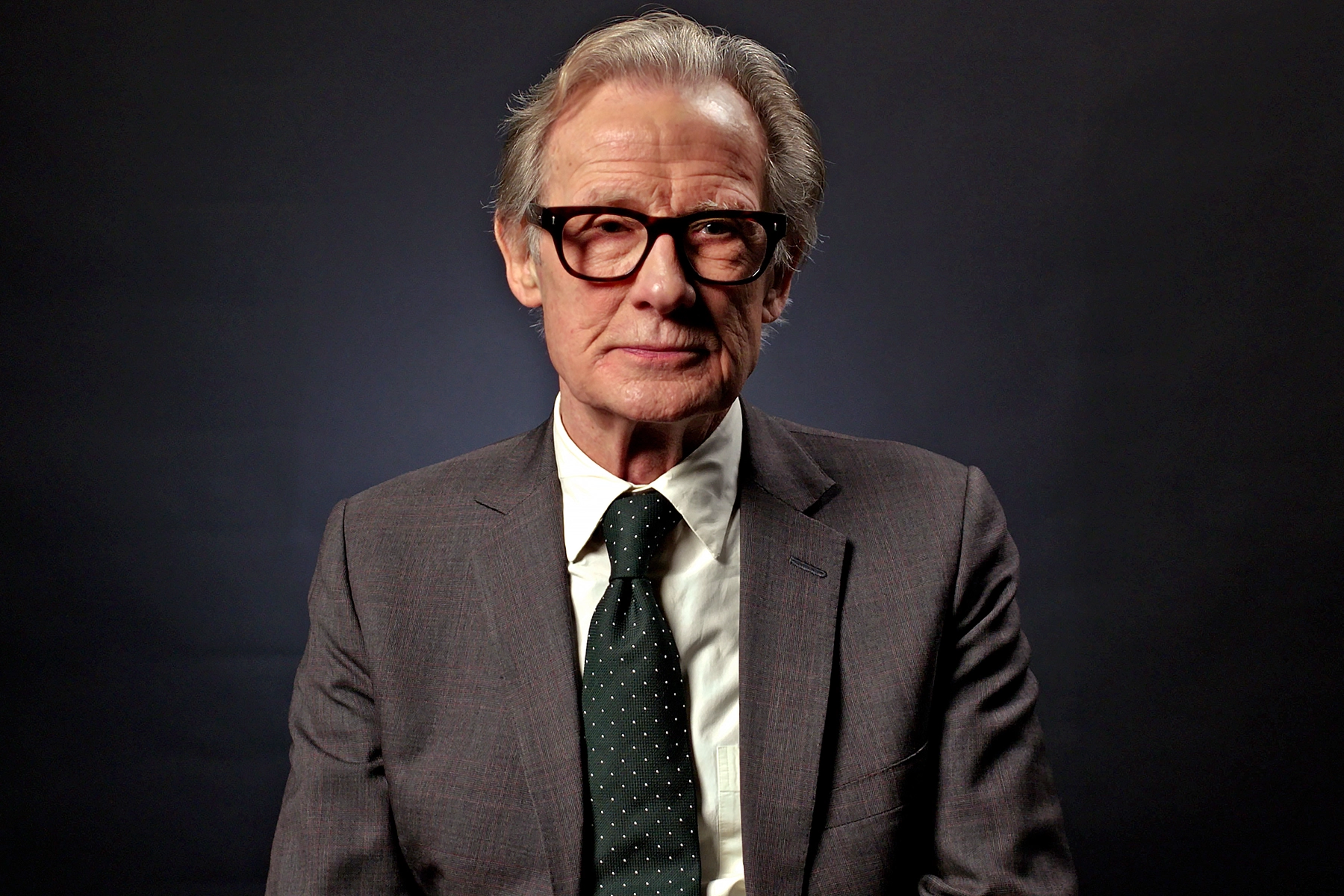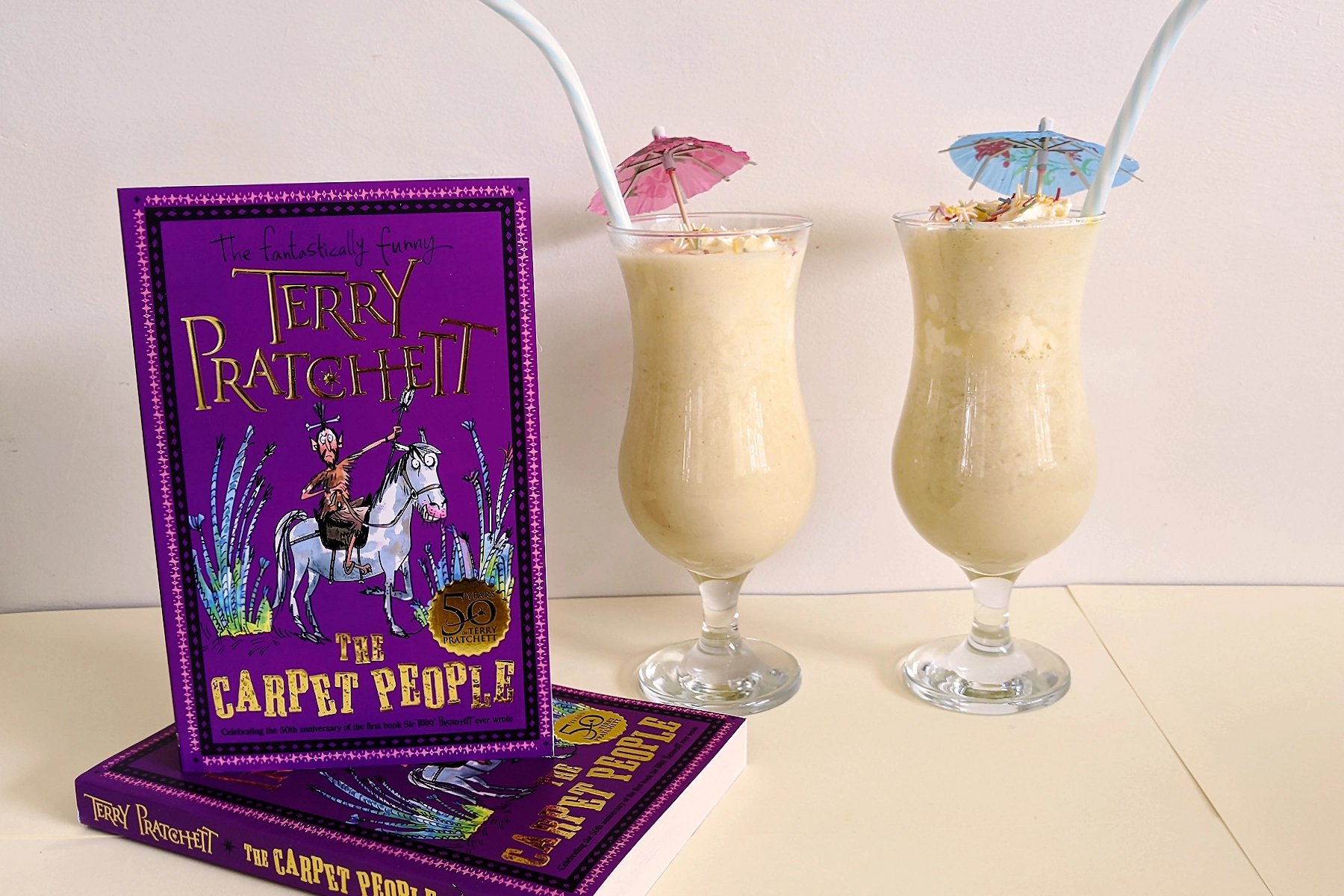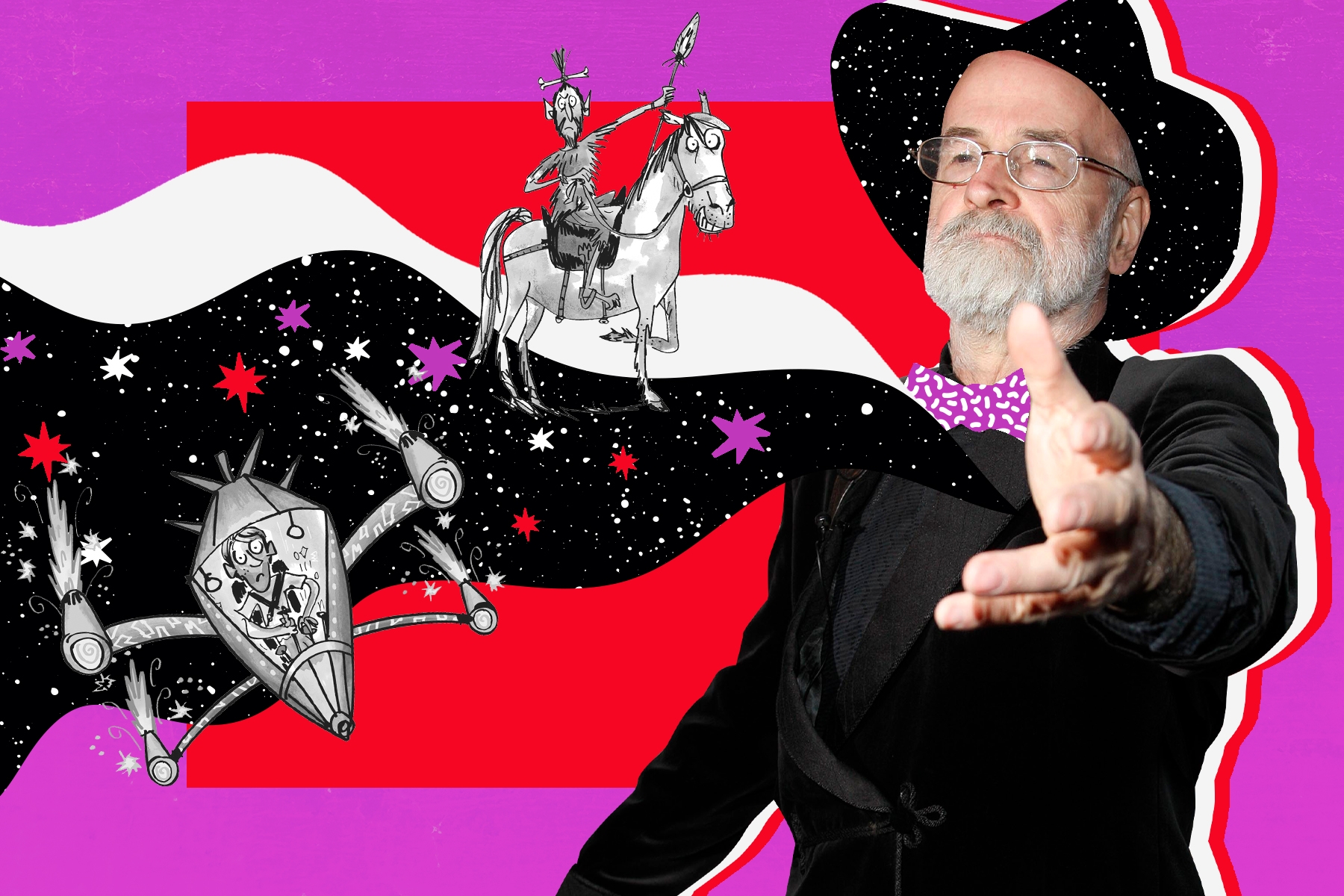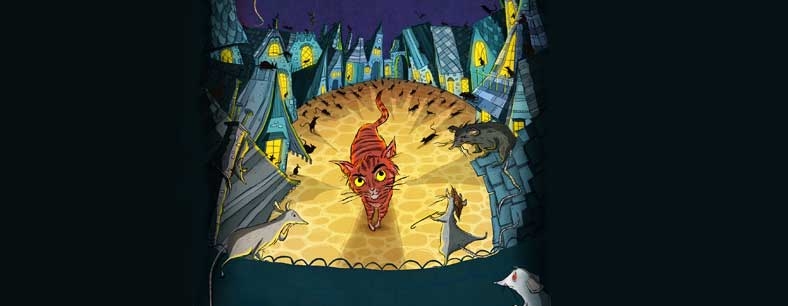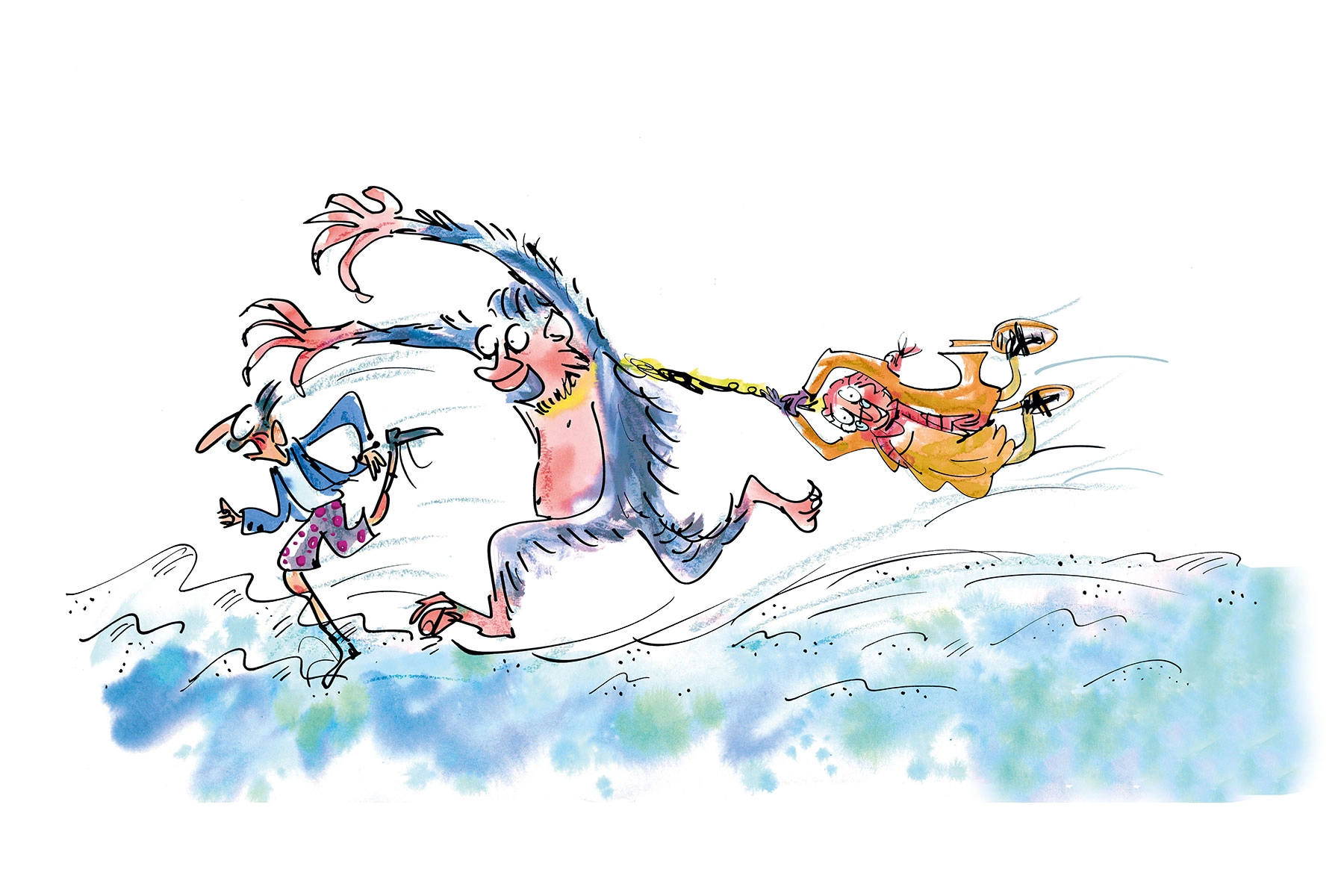Terry Pratchett

Sign up to the Terry Pratchett newsletter
For updates, exclusive content and more
By signing up, I confirm that I'm over 16. To find out what personal data we collect and how we use it, including for our recommendations, please visit our Privacy Policy.





